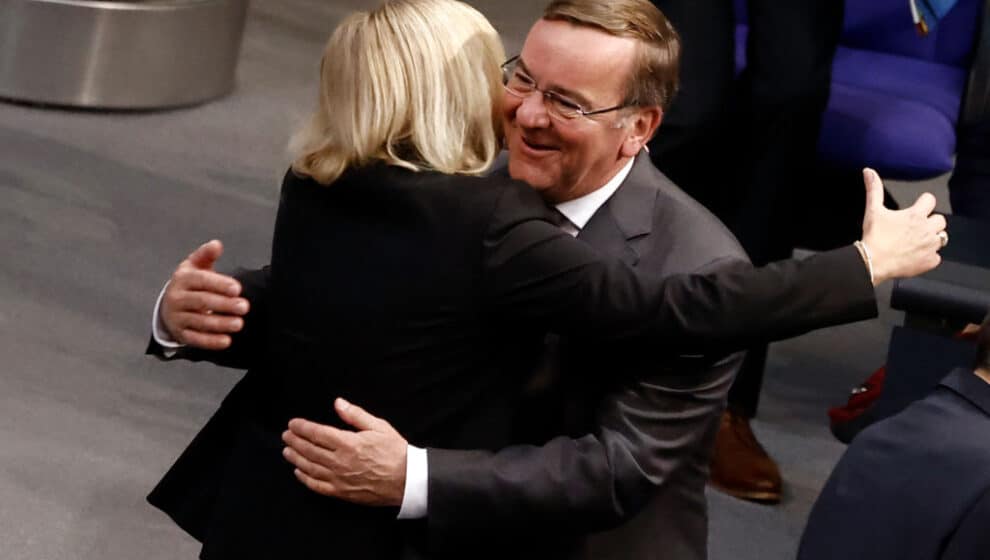Leading a business with a personal touch can help save a company’s culture from cruelty and unnecessary pressures.
Key Details
- Donda Mullis is the founder and CMO of Raw Sugar, and she dislikes the phrase “business is not personal.”
- “When I launched Raw Sugar Living in 2014 it became as clear as ever that business was, in fact, very personal,” she says.
- In a recent piece for Fast Company, she encourages leaders to take a more personal approach to management—connecting with employees more closely, building relationships, and developing a healthy company culture where problems can be safely and openly addressed.
Why It’s Important
Radical candor can be a very powerful concept for people in leadership positions, showing empathy and understanding for the effort and challenges an employee faces while being frank about their mistakes and failures. It can also be very difficult, as evidenced by the number of people who speak of terrible experiences and treatment from their bosses. It is very common, as Mullis notes, for workers to be treated like robots rather than humans.
In an age where quiet quitting and the “great resignation” continue to haunt companies struggling with hiring, addressing people as people is more important than ever.
“To treat the staff as humans, you have to be human, too. I am an open book, a confidante, a mentor, and a coach—I rally with the team. I lead by example and courageously show my vulnerabilities—both personally and professionally. Doing so, in turn, allows others to express themselves more freely, resulting in more confidence in their work,” says Mullis.
Possible Solutions
Mullis encourages outreach to employees on a personal level, bringing employees together to build camaraderie and friendship, building a healthy working environment where challenges can be addressed safely and comfortably, leading by example and acting with courtesy and praise, and leading with transparency even in a volatile environment where personal decisions need to be made.
“We’re all in this together, we need to treat people like people inside and outside of the office walls,” says Mullis.
